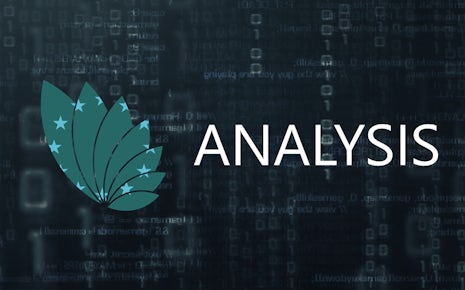Source
A Digital Single Market Strategy for Europe
Institution
European Commission
Short Summary
The adoption of the Digital Single Market Strategy for Europe in 2015 created a broad framework for enhancing the EU’s position as a world leader in the digital economy.
The strategy aims at strengthening the EU’s role in digital technologies, including through reinforcing trust and security aspects of digital goods and services, as well as promoting access to the online world for individuals and businesses. A Digital Single Market (DSM) comprises the free movement of persons, services and capital, as well as seamlessly access and engagement in online activities under conditions of fair competition for business and individuals. High level of consumer and personal data protection, irrespective of their nationality or place of residence, is also taken into account.
Specifically, the DSM Strategy is built on three pillars:
access – better access for consumers and businesses to digital goods and services across Europe;
environment – creating the right conditions and a level playing field for digital networks and innovative services to flourish;
economy and society – maximising the growth potential of the digital economy.
Since the beginning of the Juncker Commission in 2014, 30 legislative proposals on the Digital Single Market were made. At the end of the Juncker Commission’s mandate, 28 of these legislative proposals were agreed upon by the co-legislature.
The ”Mid-Term Review on the implementation of the Digital Single Market Strategy is available here.
The strategy aims at strengthening the EU’s role in digital technologies, including through reinforcing trust and security aspects of digital goods and services, as well as promoting access to the online world for individuals and businesses. A Digital Single Market (DSM) comprises the free movement of persons, services and capital, as well as seamlessly access and engagement in online activities under conditions of fair competition for business and individuals. High level of consumer and personal data protection, irrespective of their nationality or place of residence, is also taken into account.
Specifically, the DSM Strategy is built on three pillars:
access – better access for consumers and businesses to digital goods and services across Europe;
environment – creating the right conditions and a level playing field for digital networks and innovative services to flourish;
economy and society – maximising the growth potential of the digital economy.
Since the beginning of the Juncker Commission in 2014, 30 legislative proposals on the Digital Single Market were made. At the end of the Juncker Commission’s mandate, 28 of these legislative proposals were agreed upon by the co-legislature.
The ”Mid-Term Review on the implementation of the Digital Single Market Strategy is available here.
Source

